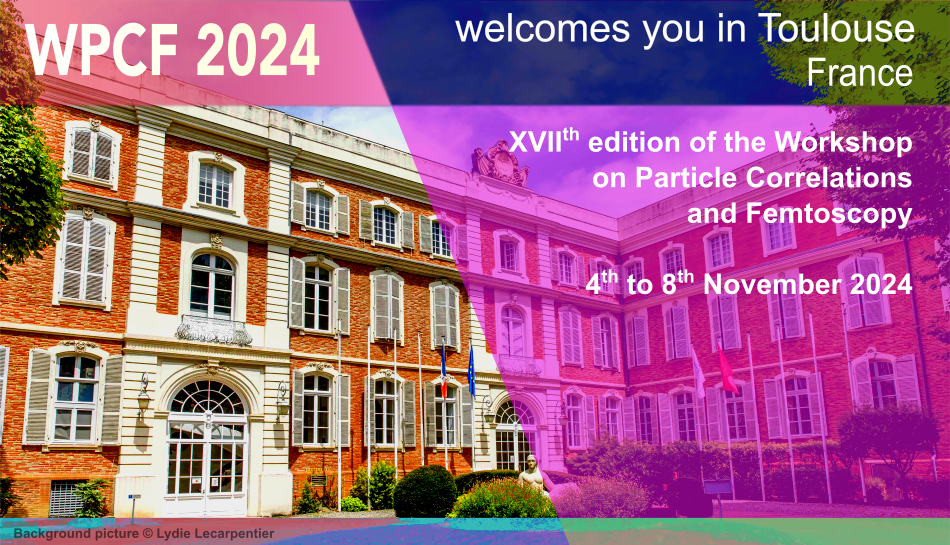Orateur
Description
Recently, the Richardson-Lucy (RL) algorithm has been successfully applied to extract the source function from the deuteron-$\alpha$ correlation function using the Koonin-Pratt (KP) equation as the forward model. To avoid overfitting to the noise in the data, the total-variation (TV) regularization method was employed. Similarly to Lasso regularization, it is derived from introducing L1-norm penality to the objective function.
For 1D image, it reduces to applying a small multiplicative factor to the update rule, smoothing the image in the entire domain at each iteration. Despite of its simplicity and effectiveness in ordinary image restoration, such correction destroys the conservation of image intensity, especially after prolong iterations. In the context of KP equation, this amounts to the violation of the normalization of the source function, leading to unphysical features or even divergence of the algorithm. We propose to regularize the RL algorithm with the maximum-entropy method (MEM-RL) which naturally preserves the total intensity of the source function. We first present the formalism of the MEM-RL algorithm and illustrate the optimization strategy designed specifically for Koonin-Pratt equation. To demonstrate the effectiveness of the algorithm, we apply the MEM-RL algorithm to restore the source function from the two-proton correlation function associated with the Gaussian source function. Application to the experimental data shows the agreement between source sizes and purity parameter obtained from the Bayesian imaging and fitting to the Gaussian source. Finally, we examine the algorithm to extract the source function from the d-$\alpha$ correlation functions obtained from a recent experiment.
